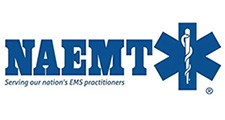
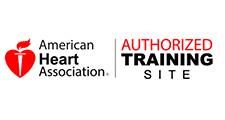
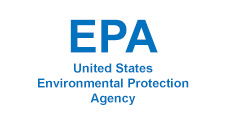
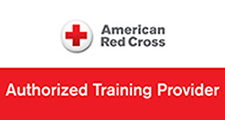
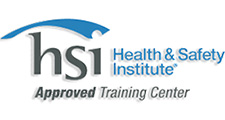

The American Heart Association (AHA) Pediatric Advanced Life Support (PALS) course is a specialized training program designed for healthcare professionals who care for critically ill or injured children. PALS equips participants with the knowledge and skills needed to provide advanced life support to pediatric patients in various healthcare settings, including hospitals, emergency departments, and pediatric clinics.
Key components of the AHA PALS course include:
Pediatric Assessment: PALS participants learn how to conduct thorough assessments of pediatric patients, with a focus on recognizing and managing life-threatening conditions such as respiratory distress, shock, and cardiac arrest.
Airway Management: The course covers pediatric airway anatomy and the use of advanced airway devices for managing respiratory distress. Participants learn techniques such as endotracheal intubation and supraglottic airway device placement.
Pediatric Cardiac Rhythms: PALS emphasizes the interpretation of pediatric cardiac rhythms and the administration of medications to manage arrhythmias. Participants also practice defibrillation and cardioversion techniques.
Medication Administration: PALS training includes the administration of pediatric-specific medications, such as epinephrine, amiodarone, and adenosine, with a focus on accurate dosages and routes of administration.
Team Dynamics: Effective teamwork and communication are vital in pediatric emergencies. The course emphasizes the roles and responsibilities of team members during resuscitation and stabilization of pediatric patients.
Post-Cardiac Arrest Care: Participants learn the critical components of post-cardiac arrest care, including targeted temperature management and strategies for optimizing neurological outcomes.
Pediatric Trauma Care: PALS covers the assessment and management of pediatric trauma patients, with a focus on injury prevention and recognition of life-threatening injuries.
Simulation-Based Learning: The course incorporates realistic pediatric emergency scenarios that allow participants to practice their skills and decision-making in a controlled environment.
PALS is essential for healthcare professionals who are likely to encounter critically ill or injured pediatric patients. It ensures that these professionals are well-prepared to provide advanced pediatric care, make critical decisions, and initiate timely interventions to improve the outcomes of pediatric patients in distress.
In summary, the AHA PALS course is a crucial training program for healthcare providers who work with pediatric patients. It equips them with the specialized skills and knowledge needed to deliver advanced life support and critical care to children, ultimately leading to improved survival rates and better outcomes for young patients in critical situations.
| Event Date | 04-08-2025 10:00 am |
| Event End Date | 04-08-2025 2:00 pm |
| Cut Off Date | 04-08-2025 |
| Capacity | 8 |
| Individual Price | Contact Us to Inquire About Classes |
| Location | BVAC Rescue Response Training Center |
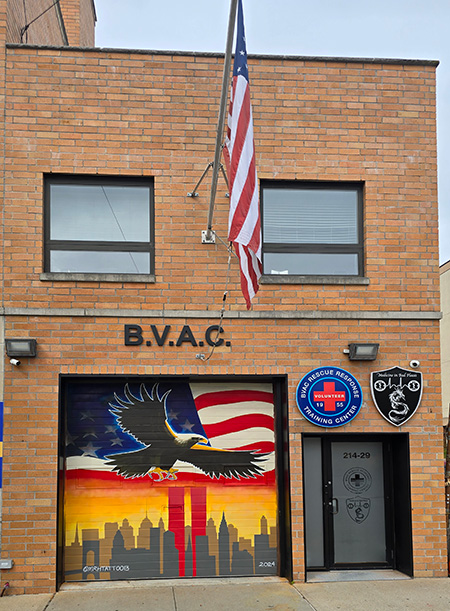
BVAC Rescue Response Training Center
214-29 42nd Ave
Bayside, NY 11361
Located on the Second Floor, No Elevator.
Located in the center of Bayside Queens
1 block east from Bell Blvd on 42nd Ave (Cross streets - Bell Blvd & 214 Place.
Near the LIRR (Bayside Station), Q13, Q31, N20 (Two blocks north of Northern BLVD).
Street Parking - Meter Parking on 42nd Ave
PALS Course Agenda (8 Hours)8:00 AM - 8:15 AM: Welcome and Course Introduction
8:15 AM - 8:45 AM: Pre-Course Assessment
8:45 AM - 9:30 AM: Pediatric Assessment
9:30 AM - 10:15 AM: Recognition and Management of Respiratory Emergencies
10:15 AM - 10:30 AM: Break 10:30 AM - 11:15 AM: Recognition and Management of Shock
11:15 AM - 12:00 PM: Cardiac Emergencies in Pediatrics
12:00 PM - 12:45 PM: Lunch Break 12:45 PM - 1:30 PM: Management of Arrhythmias
1:30 PM - 2:15 PM: Post-Resuscitation Care
2:15 PM - 2:30 PM: Break 2:30 PM - 3:15 PM: Team Dynamics and Communication
3:15 PM - 4:15 PM: Integrated Skills Stations
4:15 PM - 4:45 PM: Megacode Testing
4:45 PM - 5:00 PM: Course Conclusion and Debrief
This tentative agenda allows time for both didactic learning and hands-on practice, ensuring participants can apply their knowledge in practical scenarios. Subject to change. |
Headquarters:
214-29 42nd Avenue
Bayside, New York 11361
Mailing Address:
P.O. Box 610606
Bayside, New York 11361
Phone: + 1 (718) 631-3333
Contact Form
